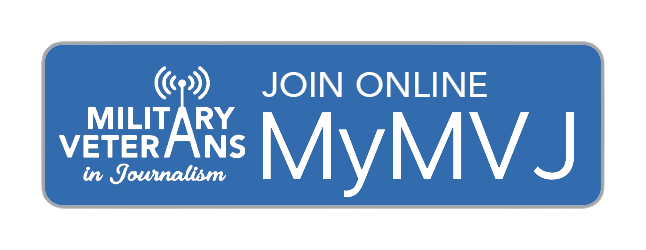 My first civilian job was an internship with a New York production company where I had hoped to become a professional videographer. My first assignment: sweeping up cigarette butts in front of the building. Sure, I was an old pro at field day duties, but hadn’t I paid my dues already? Hadn’t I been a sergeant of Marines just two months prior?
My first civilian job was an internship with a New York production company where I had hoped to become a professional videographer. My first assignment: sweeping up cigarette butts in front of the building. Sure, I was an old pro at field day duties, but hadn’t I paid my dues already? Hadn’t I been a sergeant of Marines just two months prior?
While 22-year-old workers in corporate America are scarcely trusted to work a copy machine, military service members of that age may make decisions that carry the weight of life and death. It can be quite a shock to start working for an organization that doesn’t seem to place any special trust and confidence in your abilities.
The values required for military service, like integrity and accountability, easily translate to journalism. Experience operating in a hierarchy and just plain getting things done can help you quickly ascend to a position with greater influence. But, in journalism, none of that will likely help you start anywhere but at the bottom. I had to learn to suck it up and pay my dues.
But then I ran into a financial problem. I hadn’t considered the numbers very thoughtfully, and I soon realized I simply couldn’t pay my New York rent with a $7 per hour internship. I had to quit that job and lose that opportunity to grow.
If you’re committed to working in journalism despite knowing you may need to take a low-wage, low-influence position, you should spend some time figuring out the finances. This may mean taking advantage of your Post-9/11 GI Bill. The housing allowance that accompanies the Post-9/11 GI Bill is a fantastic way to keep you on your feet while you make your mark in an entry-level job.
If you can only find an unpaid internship, you can also get six months of unemployment benefits when you first get out (which some states extend to a year). This may give you the time to build your credibility at an organization and in the industry so you can move up to a position more suited to your abilities.
None of this means you should stick with a company where you just plain won’t like working. Look around the room. Are there more senior people doing jobs you could see yourself enjoying? Do you have access to them to talk about how to carve your own path? Those questions should help you determine if an internship is right for you.
You might look at an entry-level job as a way to get a glimpse of the opportunities ahead of you. You’re evaluating the company and the industry as much as they are evaluating you. If you find journalism is for you and you land an internship at a place where you want to grow, then suck it up, pay your dues, find some mentors, and climb that ladder.



